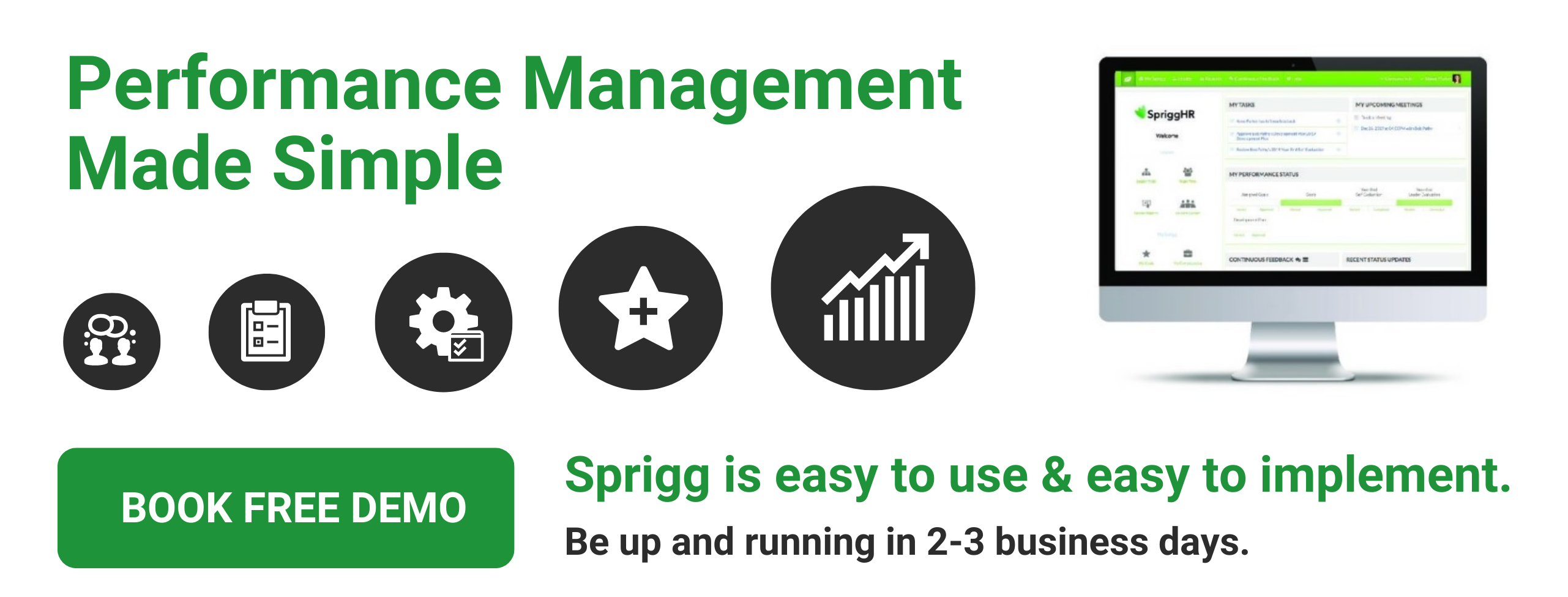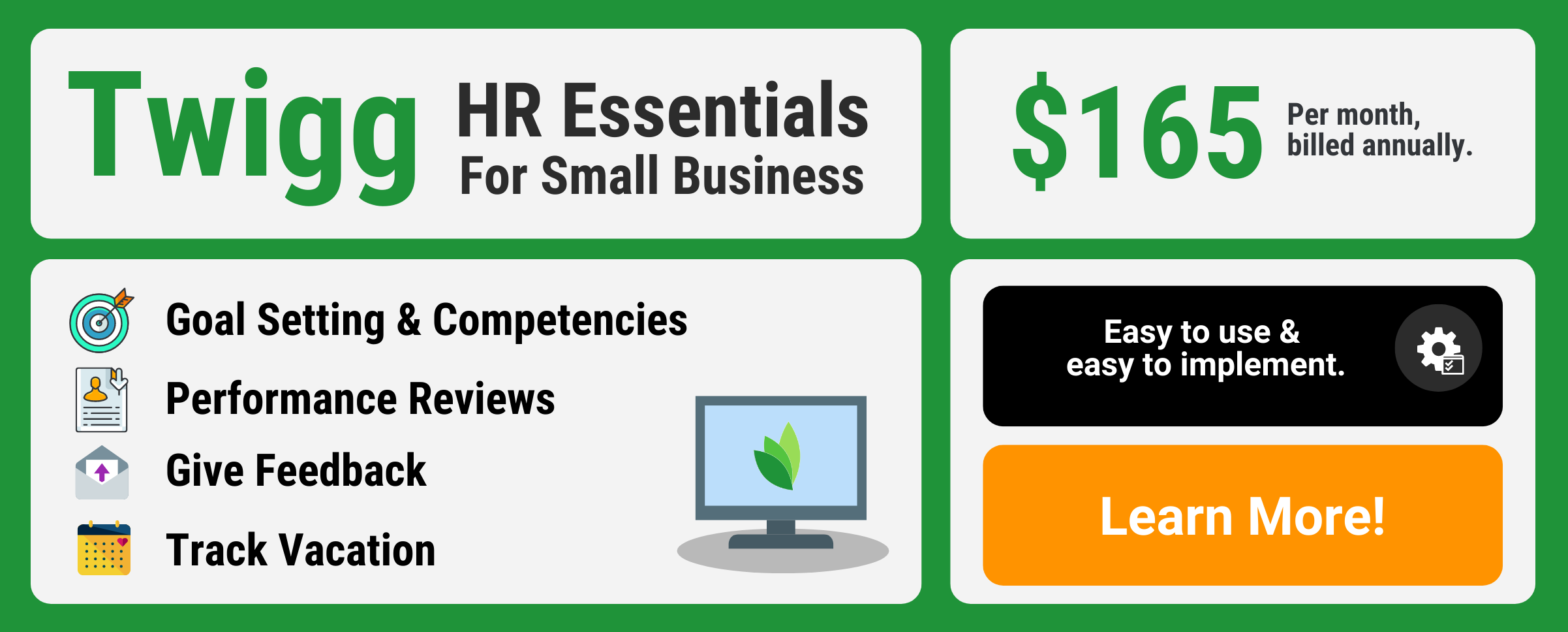
Defining Skills to Set Yourself Up for Success
People in the workplace, and those looking to gain employment, will frequently be asked to list their skills – either on a resume or in an interview. For this reason, it is important to not only be competent at defining skills, but to be knowledgeable about what your skills are.
Let’s start by exploring what skills are.
What are skills?
Skills are specific abilities that a person has. While some skills can be used in multiple situations, most are used only in certain circumstances. Skills come in a wide range of expertise, from beginner to master. They are usually acquired learned through training or working experience.
Obviously, there are many different skills one can excel at – however, there are also lots of different types of skills. When defining skills, they usually fall into a specific category, or skill set.
What is a skill set?
A skill set is a group or cluster of position-specific skills that could be required for a particular job. For example, there would be different skill sets if you were working in HR, research and planning, management, etc. It’s important to note that there are different types of skill sets:
- Soft skills: the defining skills that fall into the soft category are more interpersonal, people skills. They are harder to measure and quantify – instead, they relate more to a worker’s personal abilities and typically are observed through how well they interact with others. Some examples include problem solving, dependability, adaptability and conflict resolution.
- Hard skills: hard skills are easily quantifiable and teachable. The defining skills in this set would include specific knowledge and abilities required to do the job – skills you can learn, practice, and teach. Some examples would include computer programming, accounting, mathematics, and more.
- Transferable skills: many skills are able to be applied to various jobs, and are called transferable skills. Defining skills in this set include both soft, such as problem resolution and critical thinking, and hard skills such as one’s mathematical or technical writing.
- Job-specific skills: unlike transferable skills, job-specific skills won’t be able to be applied jobs other than the ones they are learned for. For example, learning a specific style of haircut is essential for a hairdresser, but isn’t a transferable skill to most other professions.
Now that we’ve gotten a better idea as to what skills are, and defining skills in specific sets, we’ll discuss how to go about identifying your own skills. It’s important you present yourself in the best light possible when both applying for jobs and executing the necessary skills within the role or position. Demonstrating strength in your skills set can also play a major influencer for career advancement.
So, if you’re unsure what your skills are, how do you find out?
Defining skills you have
- What tasks do you enjoy doing? If you can think of tasks and activities that you’ve not only enjoyed doing, but can do competently, they can be an example of a skill. As an example: perhaps you really enjoy listening to your friends’ problems, then helping them come up with a solution? That can translate onto a resume as “great communication skills” or perhaps “excellent problem-solving abilities”.
- When do you get the most compliments? Consider what actions you take and tasks you perform in the workplace (or even outside of it) that receive praise. Perhaps you have always been told your merchandise displays look very good, or received recognition for always being on time. Your defining skills are likely ones that other people have noticed before.
- Look back at your resume: Make sure to evaluate past jobs you have done, and look at the skills that were required to do it well. Are any of them transferable? For example, if you were a copyeditor for a newspaper, the skill of “writing” is applicable to many new jobs you would apply to.
Now that you know what skills you have, the next step is to learn how to showcase them properly.
Showcasing your defining skills
When you’re applying for a position, you’ll want to showcase your defining skills in specific ways.
- In your cover letter: the cover letter is usually the first thing a prospective employer sees. It’s important to list skills that match the job description and give examples of situations where you effectively used those skills.
- On your resume: when describing your defining skills on your resume, try to use popular keywords. This way, if you post your resume online, it will be easier for employers to find it when they search for certain skills.
- During the interview: it is highly probable that during the interview, you will be asked to describe the applicable skill(s) that relate to the position being applied for. Prepare ahead of time by creating a list of those skills, and ensure you can provide a brief summary of them, including examples of situations in which you used them.
Final thoughts on defining skills
Skills are something that can continuously be improved. It’s important to work on your defining skills, and always have a list prepared of what they are. There are many different skills, as parts of many types of skill sets. Knowing which ones you are most competent at, and how they can impact and positively affect a work environment you’re a part of, will give you an edge when applying for jobs.






